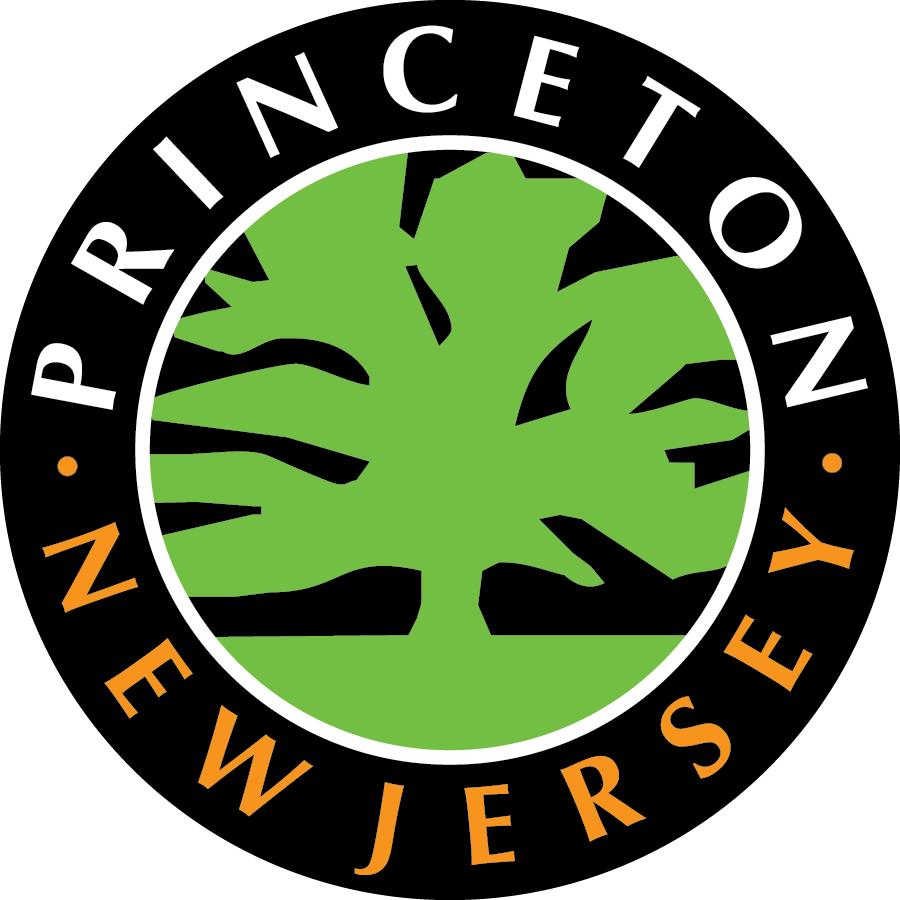Princeton’s participation in the federal Community Development Block Grant (CDBG) Entitlement program was the focus of a public hearing on Aug. 17.
The hearing is first of what will be a series of public hearings with Princeton residents on the topic.
The program which is under the U.S. Department of Housing and Urban Development (HUD) provides grants to municipalities and counties to aid low and moderate income residents.
“The town was just notified about a year ago about its eligibility to qualify as a principal city of a Metropolitan Statistic Area. It is a long way of saying the town hit a critical mass of population that obviously had a lot to do with the merger of the two municipalities,” said Mark Leckington of Leckington Advisors, who works on affordable housing issues and grant management for CDBG. “Princeton is now eligible to receive these funds directly from HUD.”
Funds from the program are to be utilized to provide decent housing and a suitable living environment, expand economic opportunities primarily for low and moderate income individuals.
“Low and moderate income is defined as a family that earning less than 80% of area median income by household size,” he said. “A single person household would be eligible for services from the program if they made less than $55,000 and a household of four made less than $79,000.”
The purpose of the first public hearing was to garner input on what some of the needs are in town that could be addressed by the CDBG program. Those topic needs included mortgage assistance and broadband access for those in affordable housing and low-income neighborhoods.
Program funds can be used to acquire property for affordable housing projects, relocation of residents, demolition of a buildings posing a direct health and safety threat, and go toward rent assistance for low and moderate income individuals.
Princeton hired Leckington to prepare a plan for the municipality to accept CDBG block grant funds.
“They are considered an entitlement grant in the grant world. Meaning that as long as you continue to manage the money in compliance with the program the town will be entitled to an allocation of funds each year,” Leckington said. “We are here to talk about what this plan might look like and help set priorities for these plans for the next five years.”
Princeton would become a CDBG Entitlement Community in the program. The municipality will have to develop a five-year consolidation plan and an annual action plan for the program. The consolidation plan identifies five-year funding priorities and goals. The annual action plan spotlights projects for the coming year.
“HUD has predicted that we will receive $242,985 which is an amount of money that we will be programming for a 12-month period. That is probably a relatively reasonable number to expect the town to receive in the intervening years,” he added. “We are also getting an extra $142,940 from the CARES Act to help address problems as a result of COVID-19, as well as ways in which the town can prevent the virus from recurring.”
Princeton will be able to use up to 20% of funding towards administration. Administration would include planning and staff time at the municipality for preparing plans, according to the program.
“The consolidation plan itself is not etched in stone. The plan can be amended if it needs change and something arises to the level of wanting to reprogram the CBDG fund,” Leckington said. “This is a living and breathing document over the next five years.”
Once the draft plan is presented there will be a summary document published along with the about 200-page consolidation plan.
“We will publish the document and make it available and have another hearing to go over the plan as a group. There is time built into the process so if there is feedback that could have an impact on the plan, we will make those changes,” he added. “The plan will then head to the Princeton Council for approval after a resolution is approved only then will the plan be submitted to HUD.”

